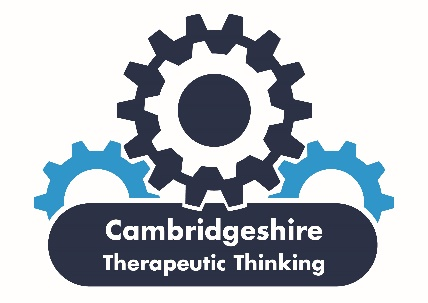Medical
Many autistic children have another medical condition. Examples include ADHD, Epilepsy, Gastrointestinal disorders, Fragile X syndrome, Obsessive compulsive disorder and Anxiety disorder. At Spring Common Academy, all children who require one have a medical care plan which is monitored and overseen by the School Nurse. All children are offered a school medical during their time at Spring Common with one of our link Consultant Paediatricians. Many children are seen more frequently, as required. Members of each class team need to be aware of the details of the medical care plan for each child in the class.
Some young people with a restricted diet or oral sensitivity may be very reluctant to take medication orally. Carefully planned interventions using social stories and the advice of the speech and language therapist and occupational therapist may help to overcome this reluctance.
Related to the sensory and communication difficulties experienced by many autistic young people, it may be hard for the child to identify the location of any pain they may be experiencing and describe this accurately to a third person. Using a visual support such as a body map and a word arrow using a meaningful word for the child may help overcome this difficulty.
In addition to the medical conditions listed above many autistic students experience broader health and well-being difficulties. It is very common for autistic children to have unusual sleep patterns, typically requiring less sleep than most others of their age. A restricted diet, often thought to relate to sensory issues with certain foods, is another very common issue. At Spring Common, we will support parental wishes in relation to their child’s diet. If required, we work closely with parents to support any programmes in relation to food consumption.



